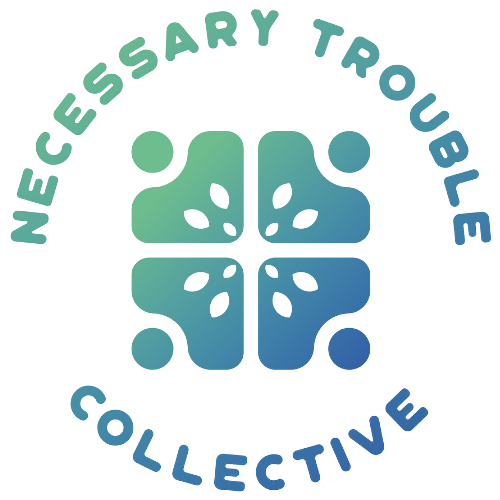DAY 18: Give up asking BIPOC where they are “from”
White people often ask BIPOC where they are from in a way that they don’t ask other white people? Even when a person answers, California or Squamish, the next question is often, “but where are you really from” or “where is your family from”? This question is likely to have an unintended impact on BIPOC because the unspoken message is “you don’t look like you belong here”.
Rakshitha Arni Ravishankar writing for the Harvard Business Review, provides an excellent explanation of why this question is so problematic:
“For those of us who already feel “different” in a given space, being asked where we’re from carries implicit assumptions about our race, caste, ethnicity, nationality, etc. Often, it translates into: You don’t seem to (already) belong here. It validates existing beliefs about social identities and can be quite patronizing. For instance, following-up the question with, “Oh, of course” or “Yes, you do look like you’re from [country]” can force people into neat categories of race, gender, or nationality, without acknowledging the nuances of that person’s identity.”
TIP: Even if you struggle to understand what is difficult about hearing the question, ‘where are you from?’, BIPOC have been saying for decades that this question is rarely received as intended and often causes an experience of being “othered”. Believe them. Take this in.
Now that you know that the impact of that question is likely to be the opposite of what you are wanting, can you think of another question that might work better? Here are a couple of ideas: “What personal project are you most excited about right now?”, or “when was the last time you laughed really hard?” or “what song is stuck in your head?”

